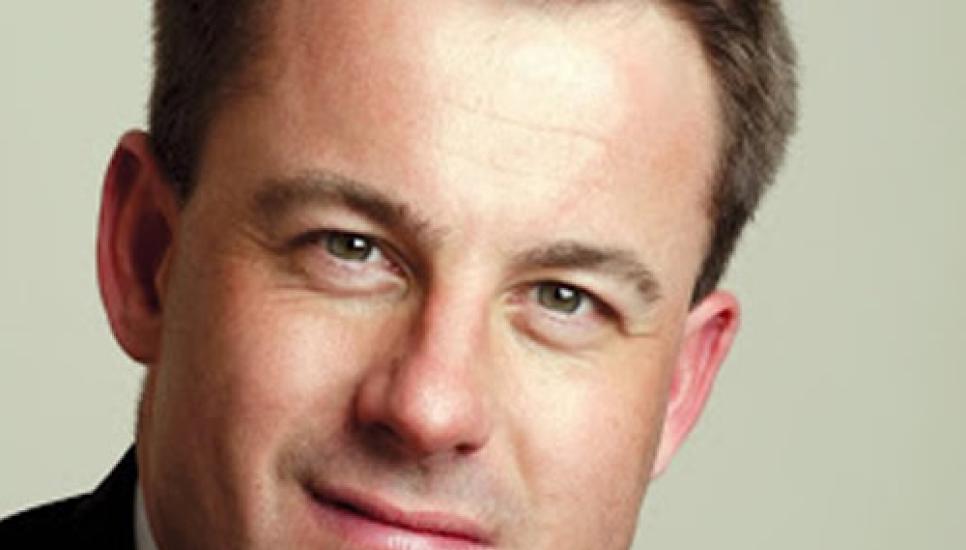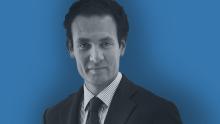Emerging stronger as a successor: Eight organising principles for successor development

This is the final article in the planned series of four, in preparation for the 18th Campden Wealth European Families in Business Forum in Berlin, Germany on 30-31 March, 2022. My prior articles—written for successors—addressed in turn the issue of successor value and the support successor's need to put in place to smooth succession over time.
What of the family? What should the family-in-business address as complement to the efforts and aspirations of successors? As successors look to learn and contribute, the family needs to address the following questions: how will we engage successors as owners and develop them as leaders? How will we prepare family talent?
Experience and observation have demonstrated to me the merit of a staged approach to family talent. Below are eight discrete stages, which build on each other. Intended as a ‘call-to-action’ for families, these eight organising principles will help families consider the steps necessary to develop talent as an integral part of effective succession.
To consider the necessary steps, I ask families to bring a compass (not a map). Progress is to be achieved by working clockwise around the compass—to ‘box the compass’—through eight discrete stages.
The true north (N) for family talent development is clarity of Purpose of family talent to the enterprise. What value can successors (individual family members) bring to the enterprise? To which leadership roles can successors aspire? Roles for ownership to include director of the company, family office or foundation; roles in family governance, such as council head and council members; roles for those in management and at what level (junior, middle, senior)? Can family bring value as commercial or social entrepreneurs or through the networks (political, financial, social) of which they are members?
Moving clockwise (NE), the next principle is to deliberately Prepare successors for ownership as a foundation on which to move forward. Preparation by education and exposure to the family enterprise. Following incubation in the family values, successor involvement (as observer, learner) follows. Education programs, popular with family councils, to cover ownership, technical (management, strategy, finance) knowledge and self-awareness and development. All good, but ask yourself what are you preparing successors for?
Which leads to the next principle (E): to articulate the Possibility for successors. Possibility as ‘informed opportunity’ as to career paths, possible roles, required competencies and bounded by the value of family talent to the enterprise as identified above. The aim here is not to promise roles or to provide an inside track, but to outline a ‘possibility funnel’ to cover roles and possible career paths (foundations, council, sub-committees, external networks, management roles et al) leading over time to more senior roles in governance, management or philanthropy.
 Working clockwise, our next point (SE) demands clear Policies to cover family involvement. Again, low-hanging fruit and popular with councils fearful of entitlement, unreal expectations and rivalry. Often, councils start here. While important and necessary, in my view a poor place to start. Better to have ‘boxed the compass’ this far to complete the preliminary (and necessary) work in advance of policy work to cover restrictions and the criteria for involvement.
Working clockwise, our next point (SE) demands clear Policies to cover family involvement. Again, low-hanging fruit and popular with councils fearful of entitlement, unreal expectations and rivalry. Often, councils start here. While important and necessary, in my view a poor place to start. Better to have ‘boxed the compass’ this far to complete the preliminary (and necessary) work in advance of policy work to cover restrictions and the criteria for involvement.
The next point (S) is in my view critical but often overlooked. A Process to deliver on ‘well-structured, well-managed’ successor leadership development. This is essential if family talent is to perform and thrive. Well-managed: input from family, company and a qualified independent resource. Well-structured: the effective location of a structure (say, a family talent committee) within that for family and company governance. The work of this group should parallel (and feed in to) that of the board and the family council with a clear mandate to oversee the development, support and performance of family talent.
As we move further clockwise, the next principle (SW) refers to the Person: a qualified and available resource for successor coaching and mentoring. An independent voice to hold up a mirror to your successors, guide them in their plans and to talk them 'off-the-ledge'. This will pay dividends many times over, both for successors and for the family. The scope of this resource to be governed by the Value (N) successors bring and the Possibilities (E) available to them. Potential mentors include senior family members, past executives, owners of other family businesses and professional coaches with an appreciation of family business management (here I declare an interest).
 The next point (W) follows from that above: successor Performance. Clear intent on the part of the family to optimise performance, ensure feedback and provide example to others. Also, an understanding that successor Performance will dip and/or will require a re-set as individuals face the challenges of ownership, family, career and expectation.
The next point (W) follows from that above: successor Performance. Clear intent on the part of the family to optimise performance, ensure feedback and provide example to others. Also, an understanding that successor Performance will dip and/or will require a re-set as individuals face the challenges of ownership, family, career and expectation.
Finally, (NW) the Persistence to work with and around each point of the compass with the family council, board, talent committee and individual successors all contributing to talent development. A Persistence which comes from the clear appreciation of the Value family talent can bring.
Eight organising principles
The eight organising principles above are intended as a quick and hopefully effective framework for a family to reflect on and consider current initiatives to prepare and develop successors as owners and leaders. To initiate the persistent ‘boxing-of-the compass’ requires initial hard work motivated by a belief in the Value of family talent.
 To do this also means to break from the ‘governance cycle’ and to strike out to the work which really needs to be done. Once there is broad consensus within the family (as evidenced in constitutions and councils) attention must shift to the preparation and development of family talent.
To do this also means to break from the ‘governance cycle’ and to strike out to the work which really needs to be done. Once there is broad consensus within the family (as evidenced in constitutions and councils) attention must shift to the preparation and development of family talent.
Such attention (and commitment) will invite pushback from those hooked on the governance drug. For some the prospect of new leadership is a step too far requiring a renewed vision and the courage to leave the old(er) behind—to trust the future of the family (and the business) to a cousin you do not yet know.
Philip Mackeown, family business leader turned business leadership and career coach, will chair the 18th Campden Wealth European Families in Business Forum, held in-person in Berlin, Germany on the rescheduled dates of 30-31 March, 2022.








